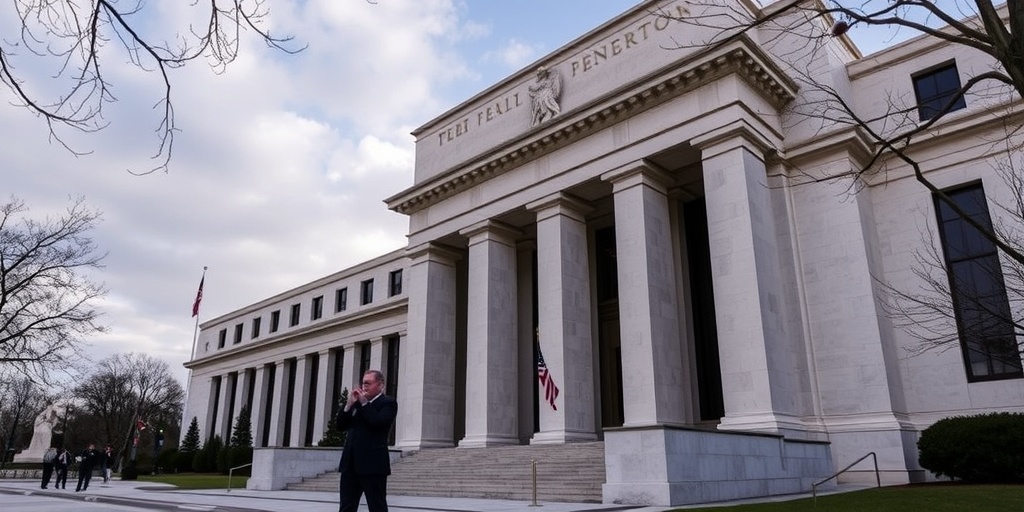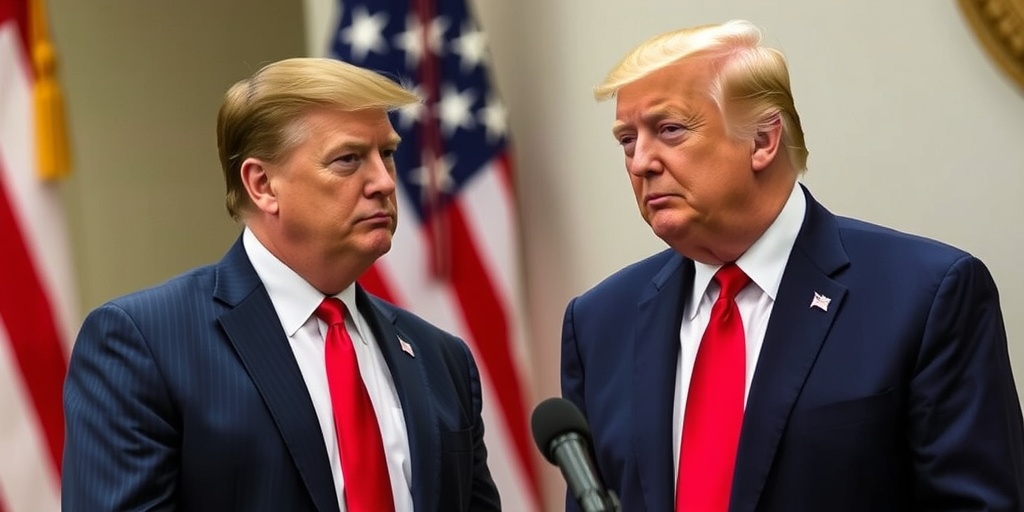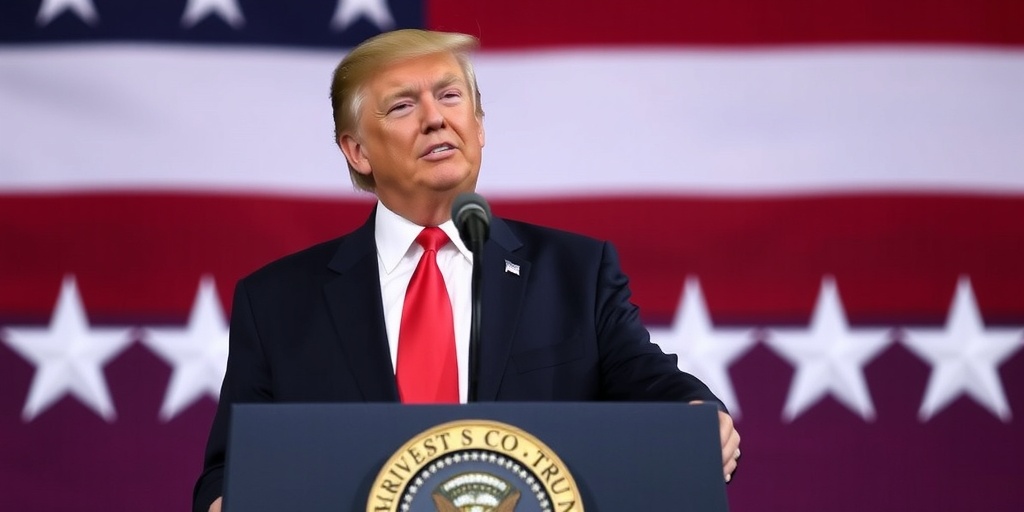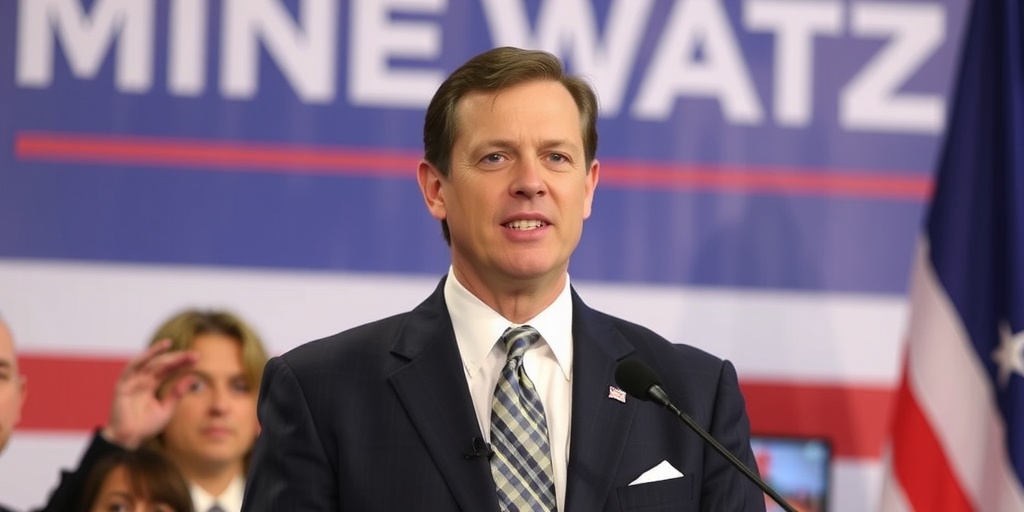Now Reading: Trump’s Notable New Concession on Tariffs
-
01
Trump’s Notable New Concession on Tariffs
Trump’s Notable New Concession on Tariffs
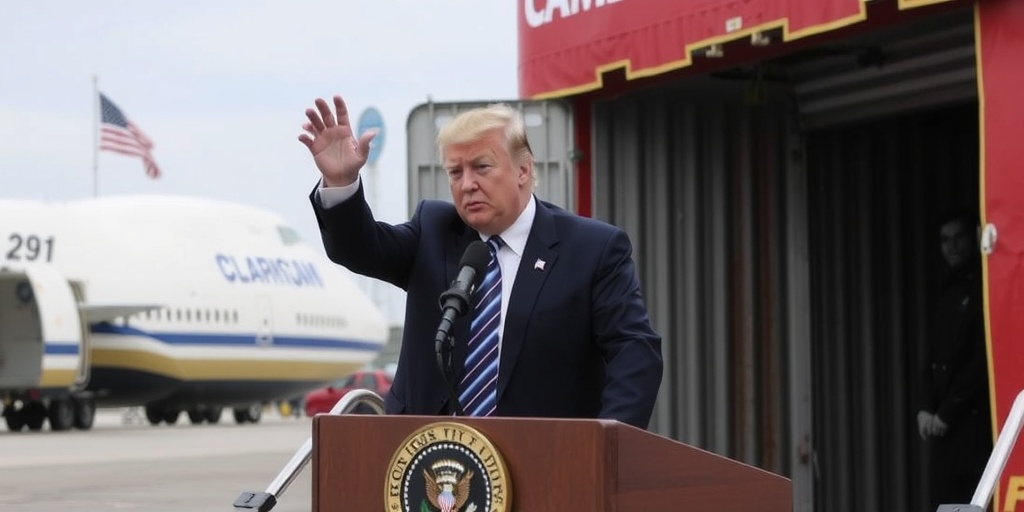
Title: President Trump Defends Tariffs Amid Concerns Over Rising Car Prices
In a recent interview, President Trump reaffirmed his strong belief in tariffs as a solution to numerous economic issues, stating that “tariffs are the greatest thing ever invented.” This statement is particularly striking coming from a leader who previously branded himself a “tariff man.” Throughout his presidency, Trump has implemented a series of tariffs aimed at protecting American manufacturing, boosting job creation, and leveraging pressure on foreign governments to comply with U.S. interests.
Since taking office, Trump’s tariff policy has been anything but consistent; he has oscillated between imposing, suspending, and reinstating tariffs. This erratic approach has significantly disrupted the global trading landscape, as he seeks to reshape it to favor American industries. However, during an interview with NBC’s “Meet the Press,” Trump acknowledged that these tariffs could elicit financial pain for American consumers, particularly in the automobile sector.
In a striking exchange, NBC News host Kristen Welker questioned Trump about the potential for increased car prices as a result of the 25 percent tariffs on imported cars and auto parts that he plans to enact soon. Trump responded dismissively, stating he “couldn’t care less” about the prospect of higher prices for foreign vehicles, expressing confidence that consumers would turn to American-made cars instead. “If the prices on foreign cars go up, they’re going to buy American cars,” he stated emphatically.
Following the interview, a Trump aide clarified that the president was specifically referencing the anticipated increase in prices for foreign-made vehicles. However, this point creates a complex situation, as the tariffs will also directly impact American automobile manufacturers, such as Ford and General Motors, that rely on parts produced in Canada and Mexico. Approximately half of the vehicles sold in the United States are imported, and nearly 60 percent of the auto parts used in constructing vehicles in the U.S. come from abroad.
A study conducted by the Yale Budget Lab, a nonpartisan research institute, projected that the proposed tariffs could lead to an average vehicle price increase of 13.5 percent, equating to an additional $6,400 for an average new car in 2024. Such a significant hike in prices raises valid concerns about the burden placed on American consumers, particularly those in lower and middle-income brackets seeking affordable transportation options.
On a related note, Shawn Fain, president of the United Automobile Workers union, weighed in on the situation, stating that while tariffs might encourage automotive companies to relocate jobs back to the United States, they alone are not a comprehensive solution for American auto workers. Fain emphasized the necessity for these jobs to be “good paying union jobs that set standards,” not merely any return of manufacturing to U.S. soil.
In defense of the tariff strategy, Peter Navarro, a senior trade adviser to Trump, touted the expected revenue generation from the tariffs, estimating it could total around $100 billion. He claimed that this revenue could be translated into tax credits for consumers who purchase American-made vehicles, attempting to alleviate concerns over the impending price hikes. His message to the public was clear: "trust in Trump," suggesting that the long-term benefits of tariffs would outweigh the immediate costs.
The ongoing discussion surrounding Trump’s tariff policies highlights the stark divide in opinions regarding their efficacy and impact on the American economy. While some believe tariffs are essential for protecting domestic industries and fostering job growth, others point to the risks of higher consumer prices and economic instability.
As Trump continues to advocate for his tariff policies, consumers, industry leaders, and economic analysts will be observing closely to assess their true impact on the market and American households. With tensions surrounding trade policies and their consequences at an all-time high, the debate over tariffs promises to remain a significant aspect of the political and economic landscape as the nation heads toward future elections.
Stay Informed With the Latest & Most Important News
Previous Post
Next Post
-
 01New technology breakthrough has everyone talking right now
01New technology breakthrough has everyone talking right now -
 02Unbelievable life hack everyone needs to try today
02Unbelievable life hack everyone needs to try today -
 03Fascinating discovery found buried deep beneath the ocean
03Fascinating discovery found buried deep beneath the ocean -
 04Man invents genius device that solves everyday problems
04Man invents genius device that solves everyday problems -
 05Shocking discovery that changes what we know forever
05Shocking discovery that changes what we know forever -
 06Internet goes wild over celebrity’s unexpected fashion choice
06Internet goes wild over celebrity’s unexpected fashion choice -
 07Rare animal sighting stuns scientists and wildlife lovers
07Rare animal sighting stuns scientists and wildlife lovers













